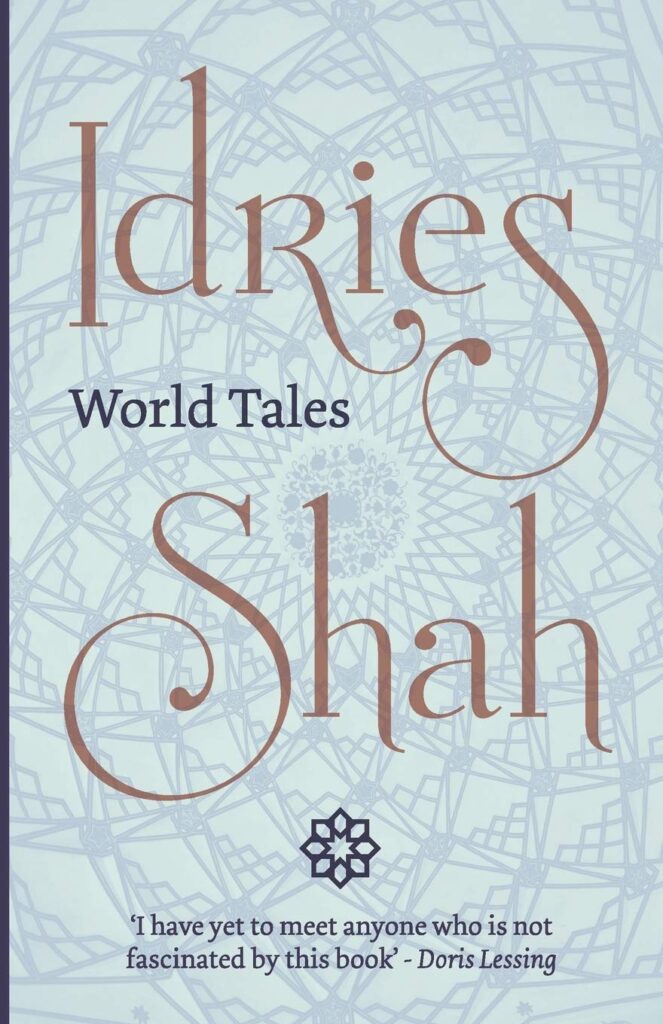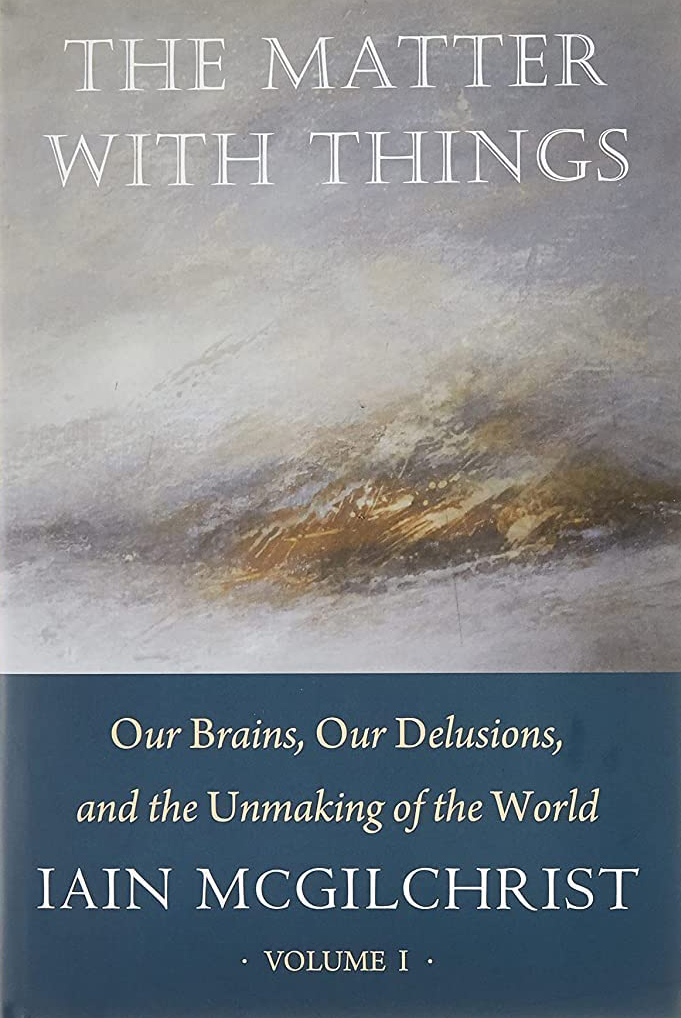
An Old Story About Metaphysics
Andrew Boden | April 3, 2025
When I was an undergraduate student in philosophy at Simon Fraser University in Vancouver, one of my favorite courses was an introduction to metaphysics taught by professor John Tietz. The only textbook we would read that semester was simply titled Metaphysics and was authored by one of the heavyweights in the field, Richard Taylor. I was first entranced by the index to Taylor’s 123-page book, for here were all the subjects I’d been dwelling on for so much of my short life: the nature of mind, fate, space and time; time and eternity, God, and being and nothing—the traditional “big deals” of Western philosophy. Back then, I assumed that this slim volume had all the answers for which I’d yearned for so long—if only I’d found the book earlier I could have, as my mother used to say of life and living, “gotten on with it” much sooner.
Four years of academic philosophy later, the questing young man that I was was as confused as ever. It struck me that Western analytic philosophy couldn’t answer its own foundational questions. Yes, I’d enjoyed my courses and professors, but with my degree parchment in hand, I understood no more about the nature of reality, time or God than I did when I first devoured the index of Taylor’s textbook. My mother, as you might expect, just shook her head.
Much later in life, a friend gifted me with an illustrated copy of World Tales by Idries Shah. At the beginning of the book, there’s an intriguing quote by Ceylonese metaphysician, A.K. Coomaraswamy, that bears noting here in full: “The content of folklore is metaphysics. Our inability to see this is due primarily to our abysmal ignorance of metaphysics and its technical terms.” In contemporary Western philosophy, the basis of presenting research findings in fields such as metaphysics is the academic paper and as an undergraduate student I’d read and written about many. What floored me when I first read Coomaraswamy’s quote was that I’d never considered that folklore could also be the carrier of metaphysical information and knowledge.
It’s not as if there isn’t a basis for this idea in the roots of Western philosophy. We have in Plato’s Republic, after all, his now famous Myth (or Allegory) of the Cave: a tale that illustrates our imprisonment in a world of illusion with the possibility of liberation into higher levels of reality. Like the best folklore, Plato’s myth is designed to speak to a part of ourselves that an academic paper can’t. What an academic philosophy paper struggles to make explicit is conveyed implicitly by the myth, tale or story.
This fundamental difference between the two may be rooted in our neurology as scholar and psychiatrist Ian McGilchrist presents in his book The Matter with Things: Our Brains, Our Delusions and the Unmaking of the World: “the bi-hemispheric structure of the brain makes possible attending to the world simultaneously in two otherwise incompatible ways.” How this applies here is that “[t]he [left hemisphere] tends to see things as explicit and decontextualized, whereas the [right hemisphere] tends to see them as implicit and embedded in a context. As a result, the [left hemisphere] largely fails to understand metaphor, myth, irony, tone of voice, jokes, humour more generally, and poetry, and tends to take things literally.”
Folklore, through the dynamic movement of its characters and narrative, through its deft use of metaphor, allegory and symbolism, can carry implicit meaning to a part of ourselves (the right hemisphere) and can, if Coomaraswamy is correct, give us insight into the metaphysical nature of the world.
One of my favorite stories in World Tales is “The Fisherman and His Wife” and it begins as many tales do by inviting us gently into another time and place: “There was once upon a time a fisherman and his wife, Isabel, who lived together in a little hut near the sea.” McGilchrist might say that we’re stepping into right hemisphere territory here, for the story has a context—it isn’t decontextualized in the sense that the left hemisphere prefers: we have a few details of character and setting—a poor couple live in a humble hut near the ocean. There’s little added description of the landscape, but already, with just a few words, you can smell the scent of the ocean and hear gulls calling as waves crest against the shore.
Of course, there’s quickly a turn in the tale, when the fisherman catches an enchanted flounder, whom he kindly agrees to throw back into the sea. The fisherman’s wife later asks her husband why he didn’t ask for a wish, before letting the creature go—after all, she doesn’t want to live in a low-rent hut forever. Her husband, a little ashamed to do as his wife asks, reluctantly agrees to return to the seaside and ask the flounder for a wish. The obliging fish grants the request and the fisherman and his wife now find themselves living in a cottage with a brass bed, fine curtains and copper pots. Outside, there is an apple tree, chickens and a lovely garden full of flowers and vegetables.
Now if the tale ended there, we’d probably shrug, so what? This is just a child’s tale about a fantastical fish with an eye for improving property values. But the fisherman’s wife, as these things go, isn’t satisfied with just a cottage; she demands that her husband gets her a castle and so the red-faced fisherman heads back to the sea to ask for yet more from the flounder. And on things go: the fisherman’s wife is never satisfied with her new home no matter how big and luxurious and how many servants and courtiers she has. Finally, in the last scene, the poor fisherman stands before the raging sea to tell the flounder that his wife wants to be Ruler of the Universe.
My short summary can’t do justice to the tale or justice to its possible effects on you. If you read it—and I hope you will—take notice of the condition of the sea as the narrative progresses: each time the fisherman returns to the seaside to ask the flounder for another wish for his never-satisfied wife, the ocean grows increasingly agitated, until in the end a gale rages.
Shah’s thoughts on the tale, written in the story’s introduction, give us a hint of what’s happening: “This tale certainly emphasizes that there is another ‘world’ or system which can cause changes in this dimension which are utterly inexplicable.” And Shah’s next sentence dovetails with what McGilchrist says about our right hemisphere: “[The Fisherman and His Wife] also claims, implicitly,* that there are rules connected with such phenomena which have to be observed.” If you wrote out a bullet point list of those rules, that is if you tried to convey them explicitly, our self-absorbed, avaricious left hemisphere (symbolized by the fisherman’s wife) would likely reject them: “What do you mean I can’t keep asking for a better place to live or keep thirsting for power? Husband, don’t you understand who I am?”
Carried implicitly by the tale’s narrative, the metaphysics of the story bypass our left hemisphere and speak to something deeper and richer in us—in what Joseph Campbell calls the “picture language of the soul.”
There’s a startling coda to all this: centuries before thinkers such as McGilchrist arrived on the scene, the creators of stories such as the ones in World Tales already had insight into hemisphere differences and how certain kinds of information, knowledge and wisdom need to be “packaged” to produce the desired, nourishing effect. Perhaps these storytellers couldn’t identify neuroanatomical features like we moderns can, but they seemed to have an intuitive understanding of how our brains and minds work; and how to tell us about ourselves and our place in the world in way that would benefit us the most.
(*) Emphasis added.
Andrew Boden is a writer and novelist based in Vancouver, British Columbia, Canada. He is the author of When We Were Ashes and co-editor of Hidden Lives: True Stories from People Who Live with Mental Illness.
Recent Blogs
- Style-Shifting: Why We Speak Differently Around Friends
- Can We Make More Accurate Predictions In Economics?
- Our Subpersonalities and Many-Sided Selves
- The Illusion of Predictability in Economics
- An Old Story About Metaphysics
- The Conditioning Machines in Our Back Pockets
- Out on a Limb: The Danger of our Innate Shortsightedness
- Edward T. Hall: Culture Below the Radar
- The Half Brain Method
- 'He Who Tastes Knows': Contemporary Sufi Studies and the work of Idries Shah
- "They Saw a Game"
- A Funny Thing Happened on the Way to Enlightenment
- Finding the Right Way Home
- Time and Self
- Escaping the Either/Or Thinking Trap
- Looking Up, Looking Out
- Conditioning and the Gendered Brain
- New World, Same Mind?
- One Small Word
- Meaning: The Enduring Gift to Spirit
- Beyond East and West: Human Nature and World Politics
- Forest Smarts: A Part of or Apart From?
- How to Improve Group Decision-Making
- We Know More Than We Think We Do
- How Deep Can a Story Go?
- Lost and Found: An Encounter with the Intuitive Mind
- The Devil’s Tuning Fork
- Welcome to The Human Journey Blog


